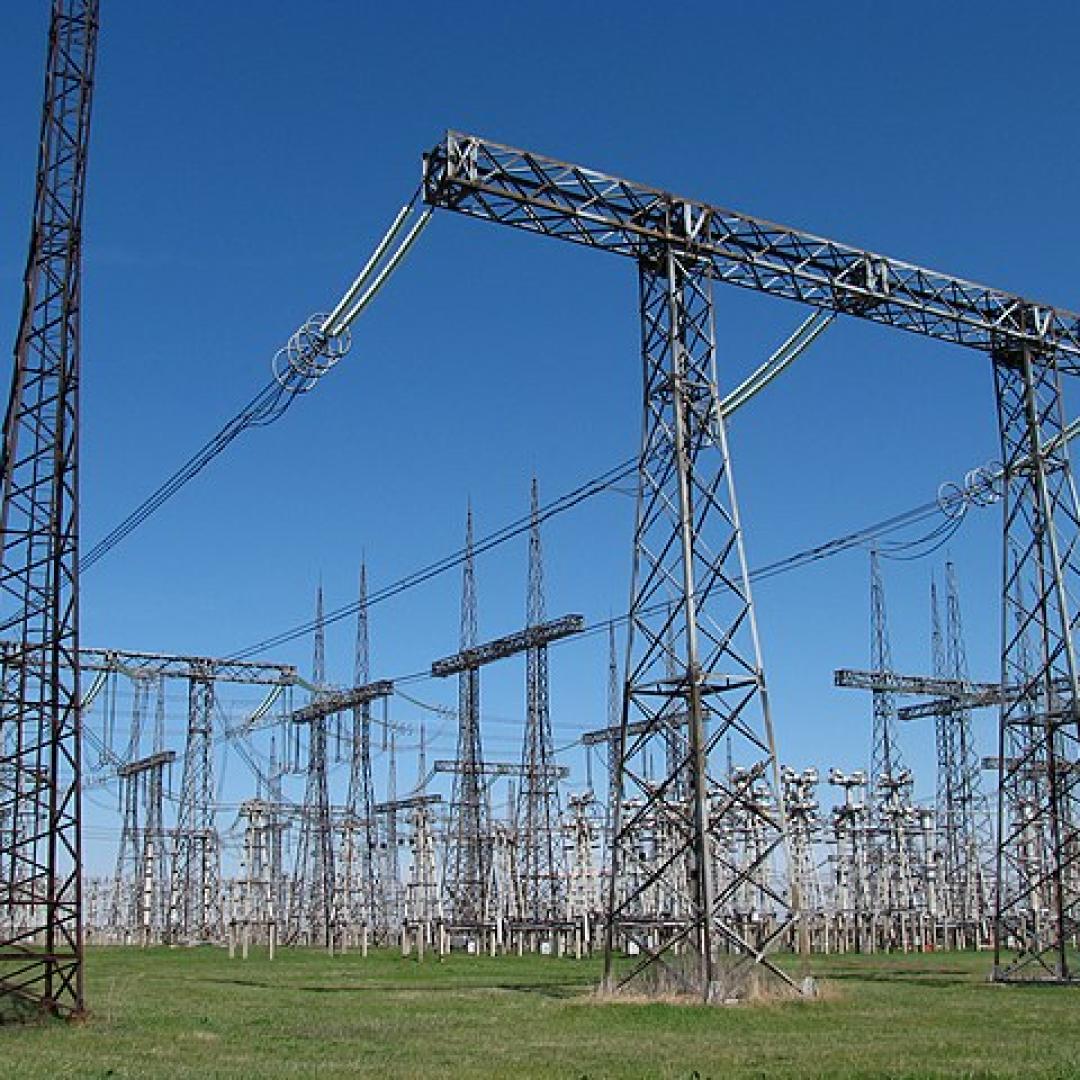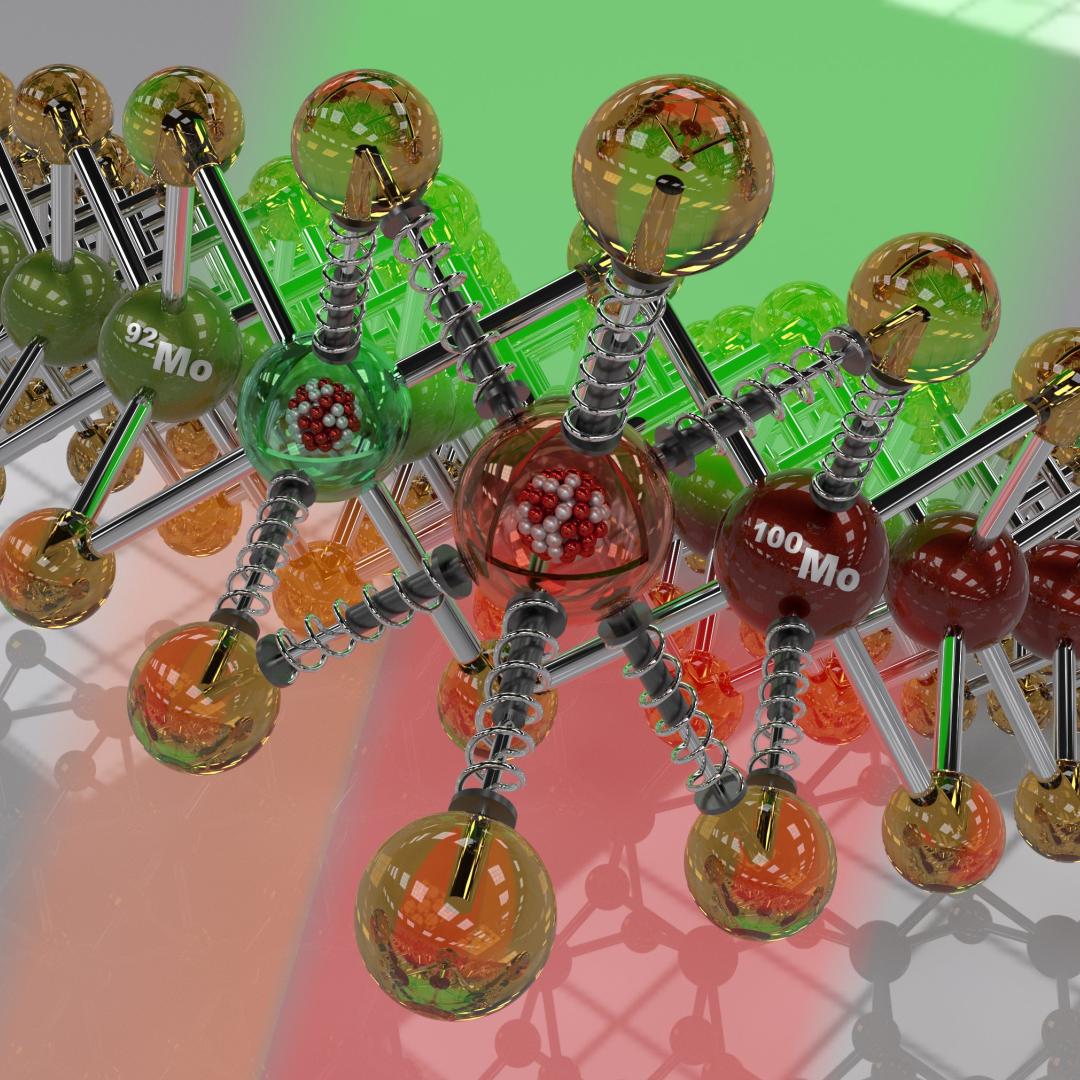Filter News
Area of Research
- (-) Biological Systems (4)
- Advanced Manufacturing (4)
- Biology and Environment (56)
- Biology and Soft Matter (1)
- Building Technologies (3)
- Chemical and Engineering Materials (2)
- Chemistry and Physics at Interfaces (6)
- Clean Energy (104)
- Computational Chemistry (1)
- Computational Engineering (1)
- Computer Science (2)
- Electricity and Smart Grid (1)
- Energy Frontier Research Centers (7)
- Energy Sciences (1)
- Fuel Cycle Science and Technology (1)
- Functional Materials for Energy (6)
- Fusion and Fission (19)
- Fusion Energy (4)
- Geographic Information Science and Technology (2)
- Isotope Development and Production (2)
- Isotopes (15)
- Materials (115)
- Materials Characterization (2)
- Materials Synthesis from Atoms to Systems (5)
- Materials Under Extremes (7)
- National Security (26)
- Neutron Data Analysis and Visualization (2)
- Neutron Science (42)
- Nuclear Science and Technology (8)
- Quantum Condensed Matter (2)
- Reactor Technology (1)
- Supercomputing (93)
- Transportation Systems (2)
News Type
News Topics
Media Contacts
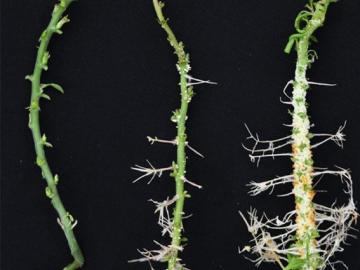
Oak Ridge National Laboratory scientists identified a gene “hotspot” in the poplar tree that triggers dramatically increased root growth. The discovery supports development of better bioenergy crops and other plants that can thrive in difficult conditions while storing more carbon belowground.
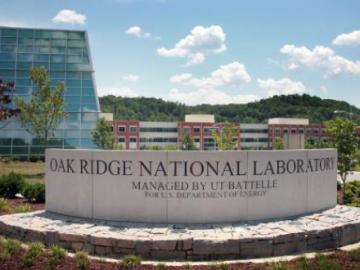
Biofuels pioneer Mascoma LLC and the Department of Energy's BioEnergy Science Center have developed a revolutionary strain of yeast that could help significantly accelerate the development of biofuels from nonfood plant matter.

A major multinational report on bioenergy and sustainability released Tuesday concludes the sustainable production of bioenergy can be an important tool for addressing climate change. Two researchers at the Department of Energy's Oak Ridge National Lab...
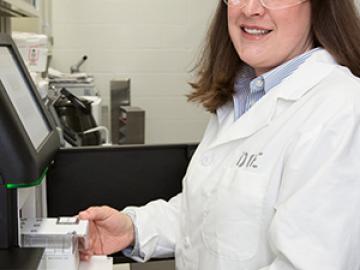
Scientists focused on producing biofuels more efficiently have a new powerful dataset to help them study the DNA of microbes that fuel bioconversion and other processes.


